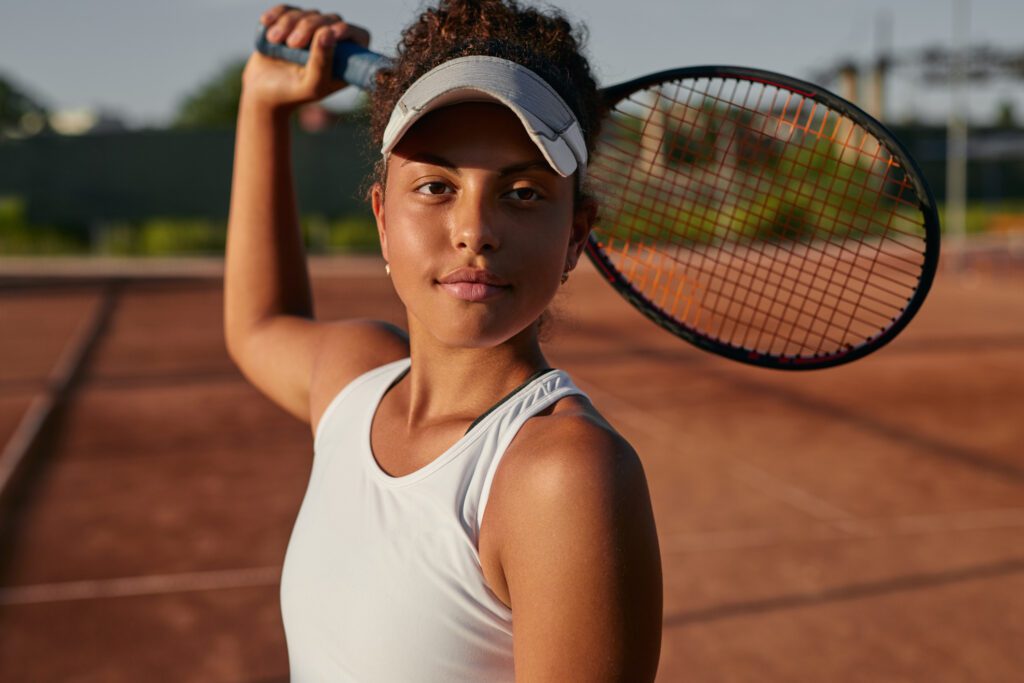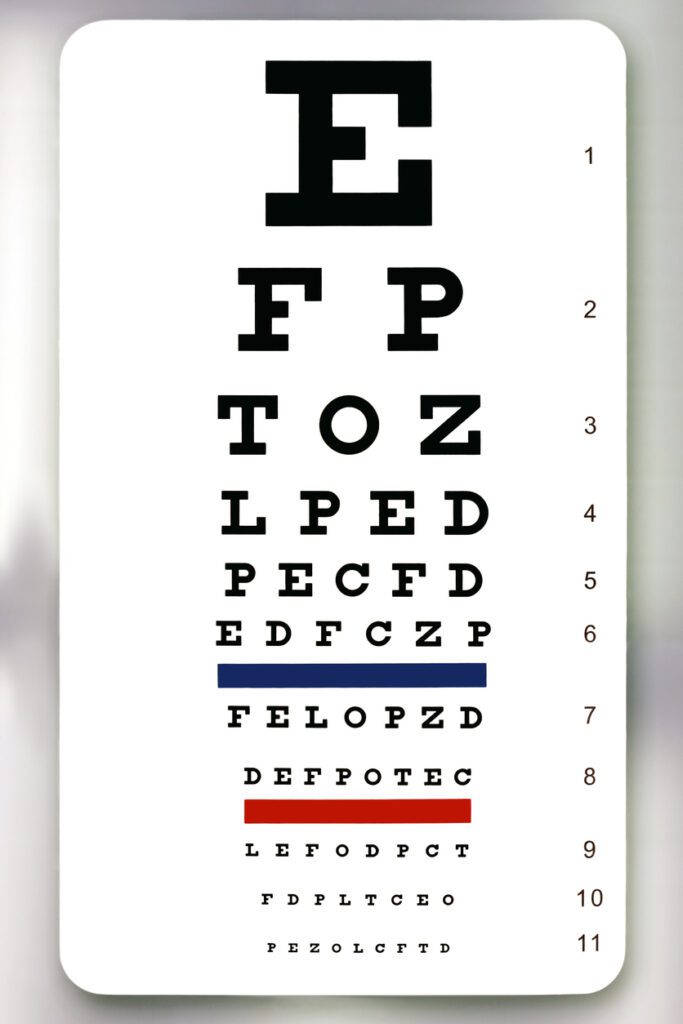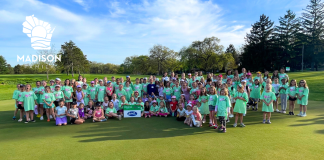By Dr. Kellye Knueppel
This post is sponsored by The Vision Therapy Center, which has offices in Brookfield, Fond du Lac, and Madison, WI.
 Not everyone’s kid can be a star on the court or field. But parents should be aware that a child who struggles with specific types of athletic skills could actually be exhibiting signs of a functional vision problem.
Not everyone’s kid can be a star on the court or field. But parents should be aware that a child who struggles with specific types of athletic skills could actually be exhibiting signs of a functional vision problem.
Below, I’ll explain what functional vision is, how it plays such an important role in athletic performance, and what you can do if your child has a functional vision problem.
Beyond 20/20 Vision: The Crucial Importance of Functional Vision
When considering “good” vision, most people simply think of 20/20 vision. This is actually a specific measurement of eyesight, or visual acuity, indicated by how clearly a person can see detail at a given distance.
If your child is old enough to identify letters, their eyesight, just like adults’, will typically be tested with the help of a Snellen eye chart (shown below).
Having normal eyesight is obviously important. Yet, there are other visual skills necessary, for example, to accurately see an object moving in space – skills that are crucial for a variety of sports.
Understanding the Fundamentals of Functional Vision
Functional vision skills encompass how the entire visual system — the eyes, the brain, the visual pathways — works together to help a person interact with the environment.
More specifically, these skills include the following:
Eye teaming. In normal vision, this occurs when both eyes align to focus on the same point in space and work together in a precise and coordinated way.
Eye focusing. This involves the ability to see an object clearly and to shift focus between objects at different distances.
Eye movement. This includes the eyes’ ability to maintain fixation on a moving object through space, to move fixation from one object to another, and to sustain fixation on a stationary object.
Child Athletes: A Little League Focus
Whether or not your child is a little leaguer, by considering the following information you can get an idea of why you should be on the lookout for functional vision problems. “But,” you may be thinking, “won’t a child say something if they’re having a problem?” Not necessarily.
Consider this real-life example based on a patient that was seen here at The Vision Therapy Center. A father brought his son in for a Functional Vision Exam. Based on the exam results, I asked the boy, “Which ball do you swing at?”
Without missing a beat, he replied, “I just know which ball is real, and I swing at it. The other ball is dimmer.” The father was shocked. He never knew that his son saw the world in that way. And this was hardly the father’s fault. How would he have known to ask a pointed question related to functional vision?
As for the child, it had never occurred to him that he should tell his dad that he saw two balls when hitting. He assumed everyone saw things as he did.
With that anecdote in mind, let’s take a look at potential signs of a functional vision problem through the lens of little league.
Strikes out all the time. Granted, not everyone is going to hit like a lead-off batter on a major league team. But, if a child strikes out constantly, they may be seeing two baseballs, or having some other vision-related issue.
Frequently hits pop-ups. Does your child make contact but rarely hit the ball in the sweet spot? If that’s often the case, it may be an inability to see the ball in space correctly.
Does fine with Coach Pitch but struggles to hit at the next level. A functional vision problem can be masked by a child who has learned to compensate and work around the issue. For Coach Pitch, a young batter generally knows consistently where the ball will be, and can adjust their swing accordingly.
But when that batter gets to the next level, the pitching comes from an actual opponent and becomes much less predictable. That means more accurate vision is needed to see and hit the ball well.
Trouble catching balls in the outfield. If your child has ongoing problems with fly balls, ask them what happens when they see the ball in the air. People with eye teaming problems may notice that the ball looks like it splits into two.
In fact, we’ve had several patients say they see the ball split in two once its trajectory moves out of the infield. This is a strong indication of an eye teaming problem.
Can’t go to the right or the left. To a certain degree, any person will show greater dexterity going in one direction versus the other. But a vision problem can severely affect someone’s ability to go in one direction or see the ball accurately in different locations in space.
If you notice, for example, that your child really struggles fielding a ball that’s hit to a particular side, it may be a vision problem.
Your Next Step: Take Our Free Vision Quiz
Few vision problems fade with time. Does your child exhibit any of the symptoms described above or show potentially similar problems in a sport other than baseball? If so, it’s by no means a definitive indication of a functional vision problem. But it’s a good starting point.
Your next step should be to take The Vision Therapy Center’s free online Vision Quiz. The Vision Quiz score will give you an indication of whether further testing may be in order in the form of a Functional Vision Exam.
And if your child does have a functional vision problem, there’s good news: Optometric vision therapy has proven to be highly effective at solving a wide range of functional vision problems.
Click here to take the Vision Quiz.
About the author: Dr. Kellye Knueppel is an award-winning developmental optometrist specializing in vision related learning problems, sports vision, and rehabilitative optometry. She is board certified in vision development as a Fellow of the College of Optometrists in Vision Development. Since opening The Vision Therapy Center in 1995, she has dedicated herself to helping people of all ages overcome their visual problems.












